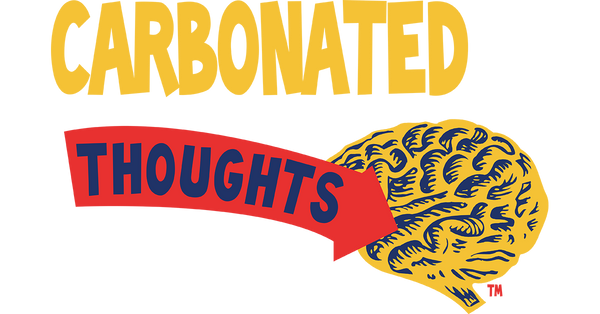Scrolling Toward Madness: How Social Media and the 24-Hour News Cycle Are Driving Us Insane
Share
Scrolling Toward Madness: How Social Media and the 24-Hour News Cycle Are Driving Us Insane
We were not built for this.
Not for the unending scroll.
Not for the digital screaming match masquerading as civic discourse.
Not for the dopamine-crack drip of likes and breaking news banners.
And yet, here we are—sleepless, anxious, enraged, and addicted.
Social media and the 24-hour news cycle have not merely changed how we communicate or receive information—they have rewired our brains, distorted our perception of reality, and rendered much of the public sphere a psychological war zone. The American psyche is frayed, and the contagion is global.
The Endless Loop of Outrage
Once upon a time, news came in measured doses—morning papers, evening broadcasts. Today, it crashes through our minds like a tsunami of dread. Twitter (now X), TikTok, Facebook, Instagram, and YouTube pump information at us with the urgency of a defibrillator. We live in an attention economy where only the loudest, angriest, or most terrifying content survives. "If it bleeds, it leads" has been supercharged into "If it enrages, it engages."
Social media amplifies our tribal instincts, rewarding us for joining mobs and demonizing "the other side." Algorithms prioritize content that sparks emotion, especially negative ones like fear, disgust, and moral indignation. This isn’t by accident—it’s profitable. And it’s addictive. Every notification is a potential dopamine hit, every comment a battlefront.
News as Theater, Not Truth
Meanwhile, the 24-hour news cycle—born with noble intentions—has devolved into performative journalism. Major networks now compete not on accuracy but emotional resonance. Anchors are actors, guests are gladiators, and facts are malleable clay. Panels yell instead of reason. Cable news, instead of informing us, now reaffirms biases and manufactures urgency. “Breaking news” flashes for stories that barely deserve a whisper. There is no time for fact-checking, for context, for breathing.
Journalists are no longer gatekeepers of truth—they are content creators chasing virality.
A Pandemic of Perception
These twin forces—social media and 24/7 news—have turned perception into reality. Truth has become a subjective experience. Conspiracies like QAnon flourish not in the shadows, but in plain sight, algorithmically fed to millions. Misinformation spreads faster than correction. People now believe their “gut” over decades of scientific consensus. The result? Vaccines are suspect. Climate change is “debatable.” Elections are a “hoax.”
Reality becomes optional. And when reality is optional, sanity is negotiable.
Loneliness in a Connected World
Ironically, the most “connected” generation in history is also the loneliest. Social media sells a curated version of life—airbrushed, filtered, and fake. The constant comparison breeds inadequacy. The pressure to perform leads to burnout. Teen mental health is plummeting. Suicides and anxiety disorders are rising. And still, we scroll. We scroll to feel less alone, only to feel more disconnected. A digital ouroboros devouring its own tail.
Weaponized Identity and Ego
Platforms reward self-branding. Opinions are no longer ideas to be explored—they are identities to be defended. To question one’s belief online is to risk exile from the tribe. This rigidity of thought fuels extremism. The center does not hold because moderation doesn’t get likes. We now live in a perpetual identity crisis, where people don’t change their minds—they double down, go viral, and dig in.
The result is a society allergic to nuance. Complexity is drowned in hashtags.
Conclusion: The Madness Is the Point
We are not victims of some accidental overload. We are the product of a deliberately engineered environment that monetizes our worst impulses. The rage machine hums because it is lucrative. The platforms profit not from peace, but polarization. Sanity doesn’t trend.
Yet there is hope. We can choose to log off. To slow down. To relearn the ancient art of conversation. To protect our attention like a scarce resource. To seek truth, not affirmation. To turn the screen off and look each other in the eye.
Because if we don’t, the machines won’t just win—they’ll drive us mad while we cheer them on.
Author’s Note: If this feels like a rant, it is. Because insanity isn't coming—it's already here. And it's hashtagged.
